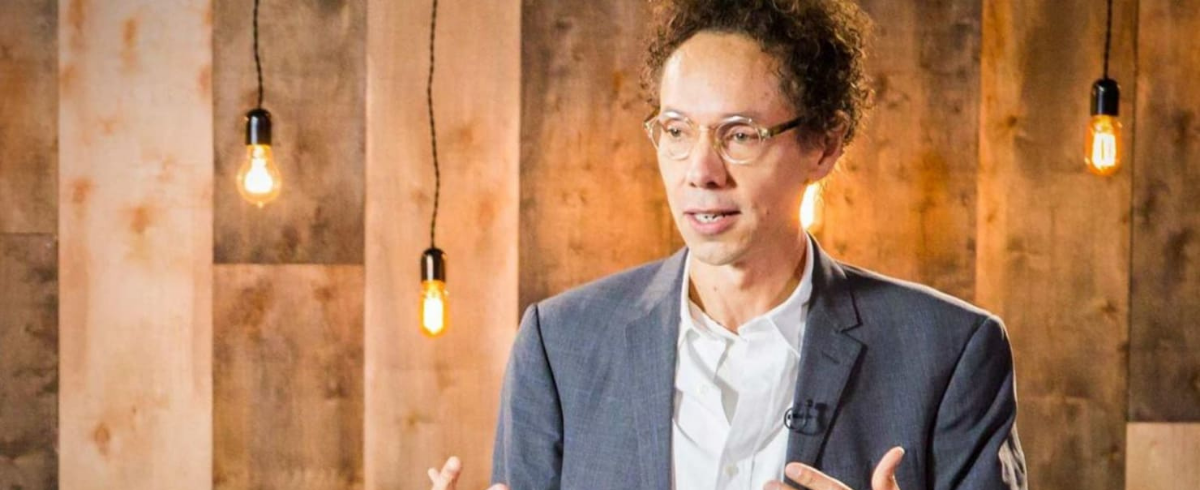Over the past year, I blogged a few time about the importance of deliberate practice in achieving high performance (A Star is Made, A Star is Made – Part 2) and how one of the two types of geniuses are “experimental innovators” relentlessly working on a problem and ebbing at it through trial and error (What Kind of Genius are you?).
At a recent conference organized by the New Yorker, Malcolm Gladwell described the different types of geniuses. He suggested that given the complexities of the problems we face, stubborn and deliberate innovators who collaborate with others are much more likely to be the leading innovators of the 21st century.
His recounting of how Andrew Wiles solved Fermat’s last theorem was a case in point. It took Wiles years of work, collaboration with multiple mathematicians around the world and resulted in a 200 page proof.
As Gladwell points out, it takes about 10,000 hours of deliberate practice to become good at almost any activity. The good news is that you can become good at almost anything you set your mind to. The problem is that 10,000 hours of deliberate practice is about 10 years of practicing 3 hours a day.
He suggested that as a society, we are not giving people the right incentives. We often reward intelligence, but ignore stubbornness which is arguably more important.
He also points out how there are extreme differences in how individuals capitalize on their potential. If you take otherwise identical groups of white American and Chinese American – groups with the same IQ – 60% of white Americans end up in elite professions, while 78% of Chinese Americans end up in elite professions. In other words, the dominant ethnic group in this country does not do a good job at capitalizing on the potential of its members. We would have millions more people to throw at complex problems if we capitalized more effectively.
We focus on elite universities; but if future innovation is going to come from groups of stubborn smart people working together instead of the lone genius, then we should making sure schools like Penn State are good.

I saw that video conference, a great fan and friend of Malcolm’s. btw–are you friends with Matt Turck?
I am a fan of Malcolm’s as wee. I know Matt, but not very well. Why?
[…] I blogged a few times that, your level of natural talent notwithstanding, excellence is achieved through deliberate practice (A Star is Made, A Star is Made – Part 2, Gladwell on Genius). […]
Smart, stubborn people.